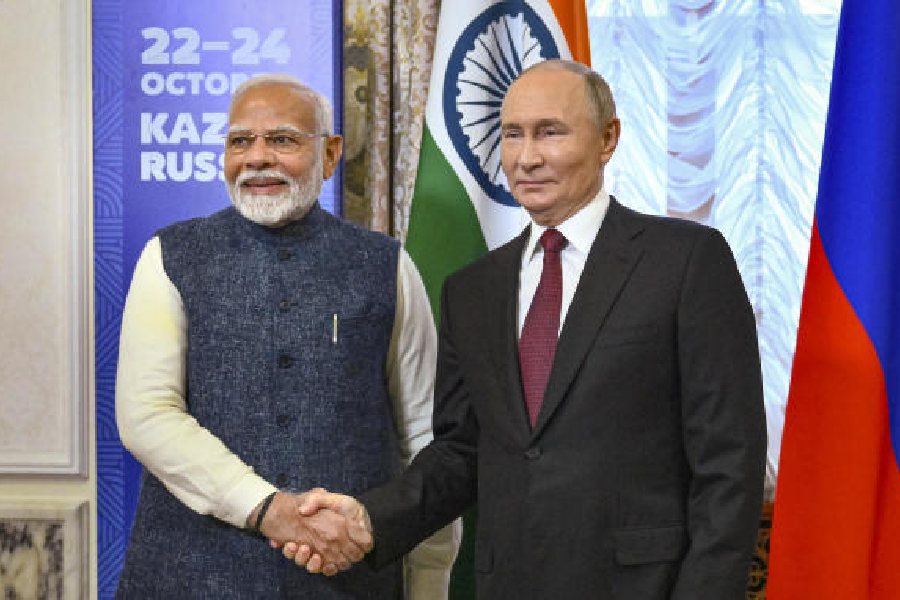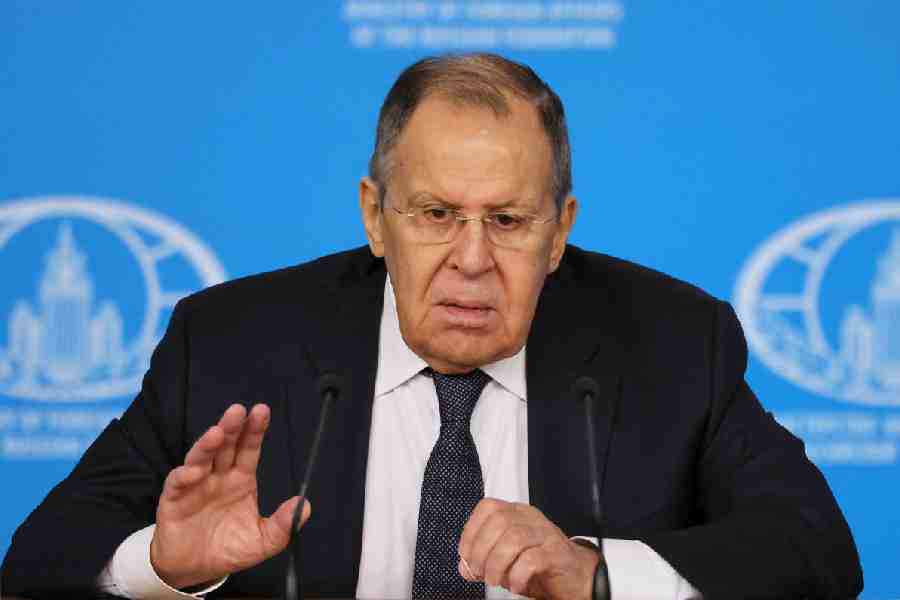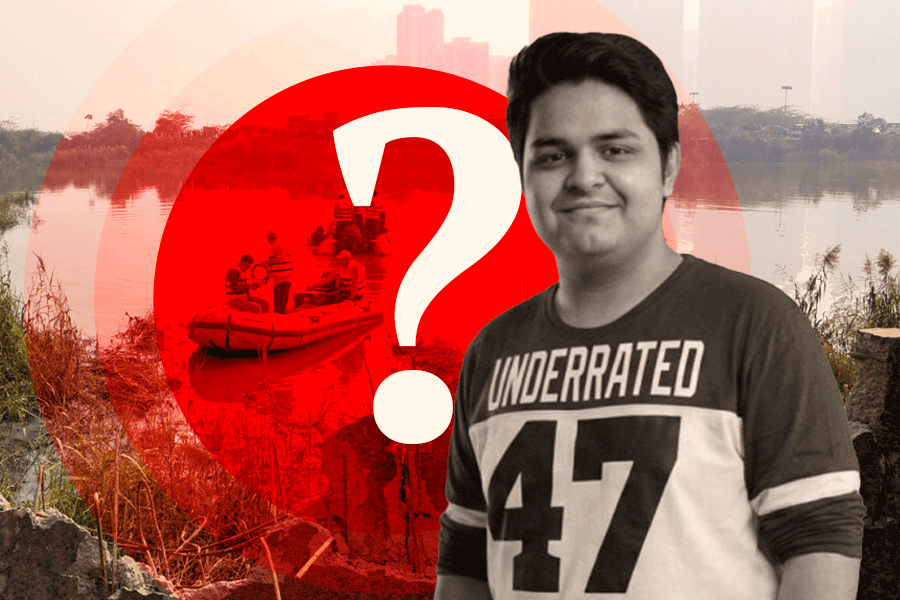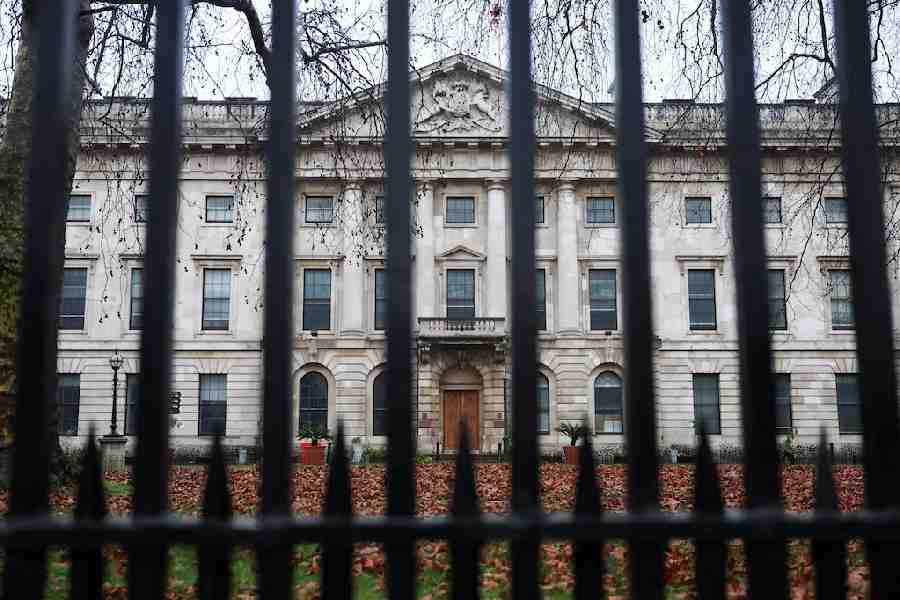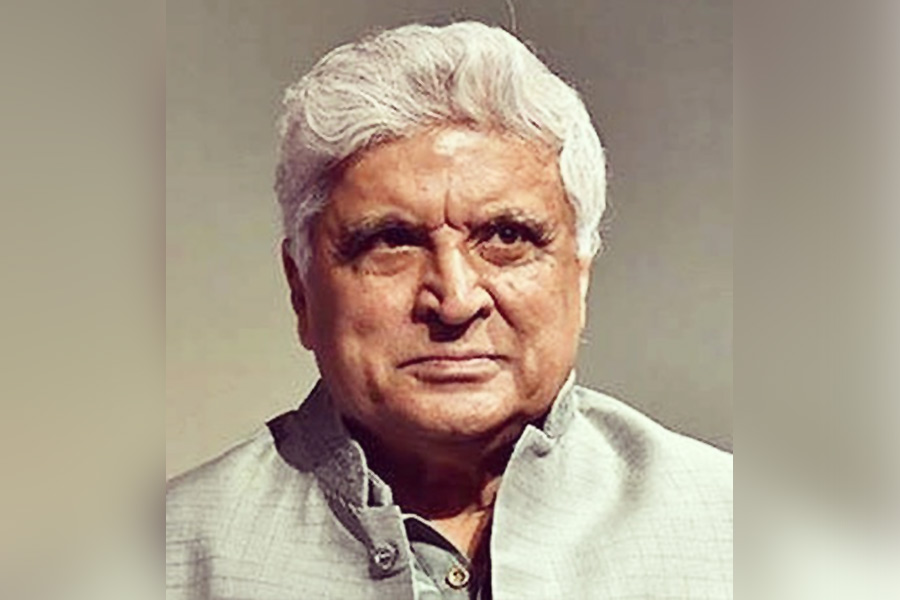As it comes under near-daily attacks from Donald Trump, the president of the United States of America, over its oil purchases from Russia, India must stay calm, firm and patient. In recent days, Mr Trump first imposed a 25% tariff on imports of Indian goods even as trade negotiations were on. He had threatened to raise the tariffs further to punish India for buying oil from Russia and has now kept his word: the US president has hit New Delhi with an additional 25% tariff. In late July, the European Union had imposed sanctions on one of India's two major private oil refiners and had banned the import of refined petroleum sourced from Russian oil. The EU is a major buyer of Indian petroleum products, which in recent years have used Russian crude. And the US is India's biggest export destination. But while these measures by the EU and the US will hurt India, New Delhi must do what it needs to keeping in mind its national interest. As the government has pointed out eloquently, the positions adopted by the EU and the US stink of double standards. The EU engaged in more trade with Russia in 2024 than India did. Its purchase of Russian LNG has been going up. The US actively encouraged India to buy Russian oil so that global crude markets would stay calm and prices would not rise too high.
For India, energy security must remain a critical lodestar in shaping policy. Russia is an old friend, and the relationships with the US and Europe are important too. India is not looking for a fight, and should do what it can to avoid escalating tensions. But if the US and Europe want India to stop buying Russian oil, they must arrange for crude supplies at rates comparable to what Russia has been offering. Coercive diplomacy, especially when carried out publicly, has rarely worked with India. Recent months have only shown how countries too dependent on any one power, such as European nations or the US, are particularly vulnerable to arm-twisting. That should only reinforce India's desire to maintain the strategic autonomy it has cherished since Independence in different forms and under different names. That means choosing partnerships, not partners. Where the US and the West can support Indian national interests, New Delhi must lean that way. But when they look to hurt India, they must be prepared for a pushback.

